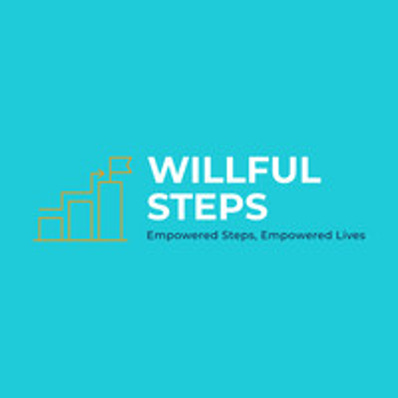Empower Your Loved One - And Yourself - with ADHD Support Coaching
Supporting someone with ADHD can be both rewarding and challenging. Our Support & Family Coaching is designed for parents, partners, and anyone who cares for an individual with ADHD. We provide you with the knowledge, tools, and strategies to better understand ADHD, communicate effectively, and create a supportive environment where everyone can thrive.


Support & Family Coaching
Why Choose Support & Family Coaching
Family and support coaching goes beyond advice—it’s a collaborative journey that equips you to navigate daily life with greater confidence and compassion. Whether you want to strengthen your relationship, build effective routines, or foster self-advocacy in your loved one, our coaching is tailored to your unique family dynamics and goals. Together, we’ll help you transform challenges into opportunities for growth and connection.
Unlock Your Potential
Personalized coaching for ADHD to enhance focus, productivity, and overall well-being in life.
Increased Family Stress and Strained Relationships


Families of individuals with ADHD often experience higher levels of stress due to the demands of managing challenging behaviours, emotional outbursts, and the need for constant supervision. This can lead to more frequent conflicts, marital strain, and feelings of frustration or powerlessness among siblings, as well as a general sense of chaos within the household




Difficulties with Organisation, Structure, and Daily Routines
Maintaining consistent routines, organizing daily activities, and managing time effectively are common struggles. Families may find it challenging to keep up with homework, appointments, and household responsibilities, often resulting in missed deadlines, forgotten tasks, and a lack of structure that can exacerbate ADHD symptom
Support networks frequently face emotional burdens such as worry, guilt, and social isolation. Stigma around ADHD can make it difficult for families to seek help or feel understood by others. Additionally, difficulties in managing social relationships—both within the family and with peers—can lead to feelings of isolation and a lack of adequate support
Emotional and Social Challenges, Including Stigma and Isolation
The Key Benefits of Family & Support ADHD Coaching
Deeper Understanding of ADHD
Gain essential knowledge about the neurodevelopmental nature of ADHD, helping you see it as a difference rather than a deficit. This shift in perspective fosters acceptance, reduces stigma, and highlights both the challenges and unique strengths of your loved one
Discover how to set up ADHD-friendly spaces at home, school, or work. Coaches guide you in establishing routines, organising spaces, and using visual aids like calendars and checklists to minimise distractions and support daily functioning
Effective Communication Strategies
Creating Supportive Environments
Behavioural Management Skills
Receive guidance on positive reinforcement, setting clear expectations, and consistent consequences. These evidence-based strategies help you encourage positive behaviours and manage challenges more effectively
Be part of the goal-setting process, ensuring objectives are realistic and meaningful for your family. Coaching facilitates open discussions, helping everyone work together to find solutions that fit your unique situation
Develop empathy and insight into how ADHD affects planning, organisation, time management, and emotional regulation. This understanding helps you support your loved one more effectively and avoid misinterpreting struggles as a lack of effort.
Collaborative Goal Setting & Problem Solving
Understanding Executive Function Challenges
Relationship Management Strategies
Learn how executive function challenges can impact relationships and gain tools to navigate social interactions, emotional ups and downs, and conflict resolution within your family or support network
Support your loved one in understanding and expressing their needs, empowering them to advocate for themselves and reducing the need for constant intervention
Get practical advice on working with teachers, healthcare providers, and other professionals to create a comprehensive, coordinated support system.
Fostering Self-Advocacy
Collaboration with Professionals
Strengths-Based Perspective
Shift your focus to the unique abilities and talents of your loved one. Coaching helps you recognise and celebrate their strengths, creating a more positive and encouraging environment for everyone.
Learn how to communicate more clearly and effectively with your loved one. Coaching provides practical tools—like simplifying language, using visual aids, and encouraging active listening—to reduce misunderstandings and strengthen your connection
There was a lot of anger and frustration that we didn't know how to manage as a family - Michael really helped us
Becky M.


★★★★★
